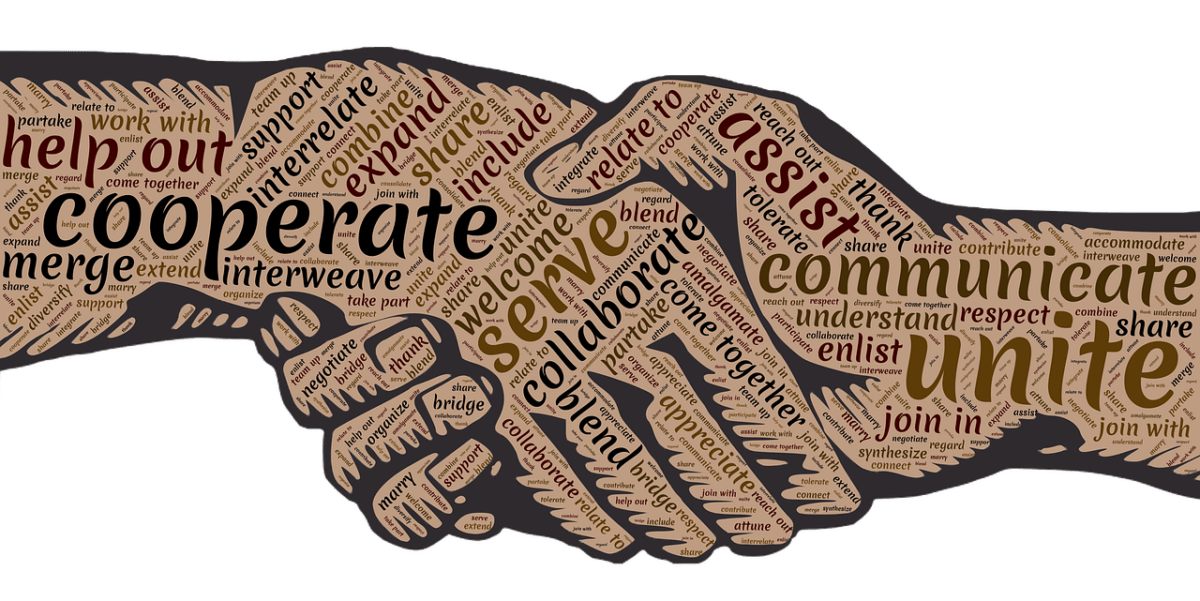I noticed the word “partnership” being used recently in the context of responsible purchasing practices.
This time it was paired with the idea of “equitable relationships” between buyers and suppliers. But neither term was well-defined, so a substantive opportunity to guide better buying behavior on the part of brands and retailers was lost.
Will “equitable relationship” be the new abstract buzzword that brands and their proponents throw around to make it appear that they are “doing something about this terrible situation”, and are dealing with the pressures that day-to-day business practices are placing on suppliers?
If we are to create sustainable global supply chains that support the rights of workers and protect the environment, everyone needs to more clearly understand what the business practices that enable sustainable supply chains look like. Starting down the path toward more responsible purchasing practices, therefore, requires tossing aside vague terminology and buzzwords that will only result in inaction or complacency.
The good news is the concepts of “partnership” and “equitable relationships” for responsible purchasing practices can be defined and measured, thus pointing buyers toward effective solutions. In fact, this is what is being measured right now by suppliers participating in the Better Buying Partnership IndexTM (BBPI) ratings cycle.
The BBPI was co-created with suppliers in early 2018, and is currently in its third ratings cycle. It includes 12 key measures of partnership performance. Suppliers rate one of their brand and retailer customers at a time and respond to each subjective statement using a 5-point scale indicating whether the customer never, rarely, sometimes, often, or all of the time operates this way. The questions are aligned with the Better Buying 5 Principles of Responsible PurchasingTM, which look at whether a buyer is providing enough time, visibility and stability for a supplier to run its business sustainably, uses fair financial practices, and shares responsibility with the supplier for compliance with buyer codes of conduct. It also asks about whether supplier feedback is welcomed with good communications practices and seeking their insights on innovation. All are characteristics of equitable relationships.
Supplier responses result in categorization of each of the buyer’s practices and quality of its overall partnership in one of three ways:
- True Partners understand and embody their role in creating mutually beneficial and sustainable partnerships. They seek input from suppliers through two-way dialogue and work closely with suppliers toward shared objectives and win-win solutions. Their work and use of time and resources is efficient and non duplicative; their partnerships are marked by fairness, risk-sharing, and a long-term focus. Responses of “All of the Time” (5) belong to the True Partners category.
- Collaborators strive toward improved communications with their partners and increasing levels of collaboration, transparency, and responsibility in their partnerships with suppliers. Collaborators are better partners than Detractors, as their practices frequently, but not always, reflect a win-win mentality. Responses of “Often” (4) belong to the Collaborators category
- Detractors demonstrate a lack of trust in and respect for their suppliers by limiting the amount of information-sharing and not making efficient use of time and resources. Practices reflect a primary focus on achieving their own objectives and margins (often at the expense of suppliers), and this prevents open dialogue and blinds Detractors to opportunities for shared benefit. Responses of “Sometimes” (3), “Rarely” (2), “Never” (1) belong to the Detractors category.
Earning True Partner status is what every brand should be aiming for with every one of their suppliers when they start down the path to responsible purchasing. Buyers don’t need to wring their hands and wait, claiming uncertainty about how to proceed, and they can’t hide behind one-sided sentiments anymore that they have “equitable relationships” with their suppliers.
Instead, every brand and retailer, and every buyer in a buyer-supplier relationship at any tier of a global supply chain can, with the input of their suppliers (experts on whether the relationship is indeed equitable), measure their partnership quality and demonstrate that they are on the path to improving the practices that are fundamental to financially, socially, and environmentally sustainable supply chains.
The 2023 Better Buying Partnership IndexTM ratings cycle will be open through November 17. Suppliers may use this link to participate and buyers can share the same link with their suppliers:







